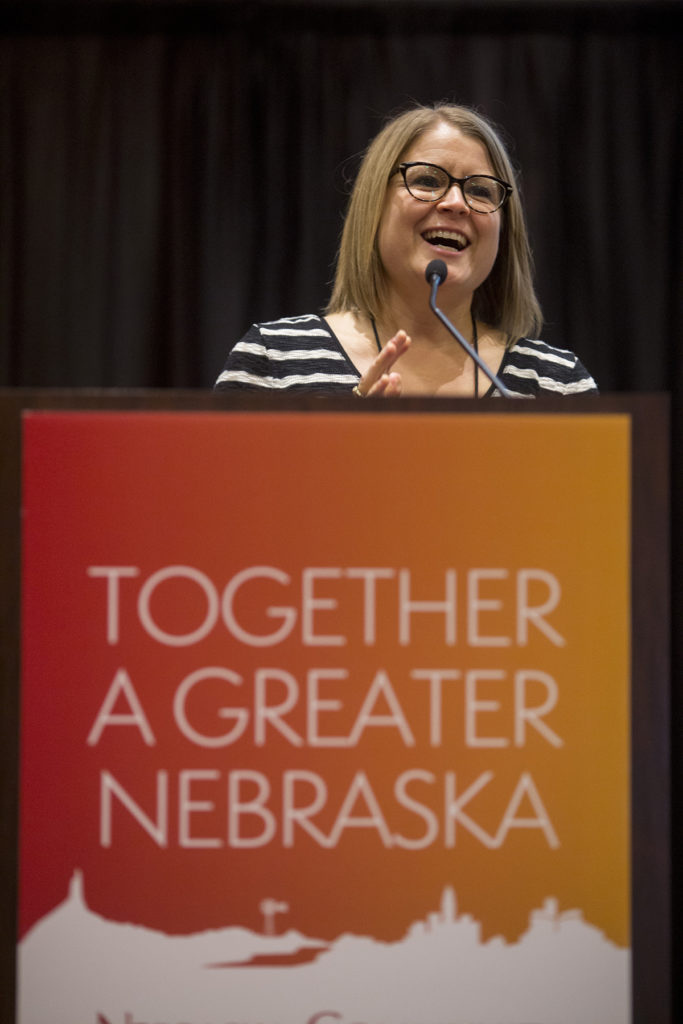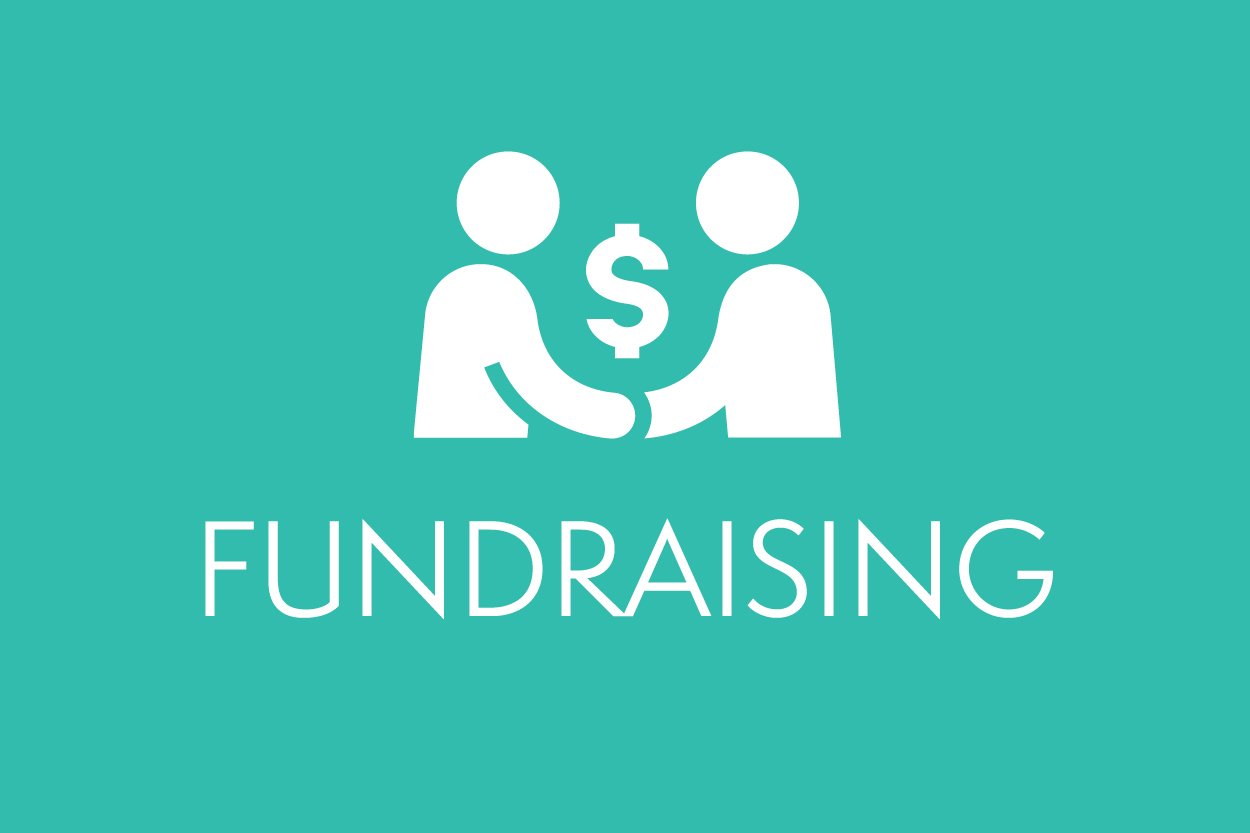
By Tammy Day
Nebraskans are generous people. We help our neighbors, sponsor the local soccer team, and attend the annual pancake feed. We are generous people who support our communities in a variety of ways. Still, we may not think of our generosity as philanthropy that can serve our communities and grow and sustain the places we love. Most of us believe that philanthropy is something that only applies to wealthy people who give oversized novelty checks to organizations and causes in their communities. We think it is just about the money.
The money-only definition leaves out essential aspects of philanthropy and how it can take people from generous to philanthropic, where they will go beyond just helping their neighbor to helping their community. A broader definition of philanthropy helps those inherently caring people take the next step in giving back and participating more fully in serving their communities. Communities can unleash their Nebraska generosity by redefining philanthropy as giving your time, talent, and treasure.
This simple definition speaks to philanthropy’s true potential to shape communities and their futures for the good because it encompasses all aspects of giving, includes all people in the process, and lets philanthropy become an accessible part of civic life. Embracing this broader definition of philanthropy has the power to change communities by engaging more community members in creating vibrant, thriving futures for their hometowns. Philanthropy defined as giving your time, talent, and treasure opens the door to the world of giving and service and invites everyone to come on in.
Giving. Because this new definition focuses on giving and the myriad of gifts to share, it becomes clear that at the root of it all, philanthropy is about giving back. Giving linked to more than just money broadens what is possible for communities by helping people see they have something to share, thus engaging more community members in the act of giving. Giving is often linked to feelings of gratitude, happiness, and connectedness to others, which can have a powerful effect on not only the recipient of those gifts but also the giver. When we give, we share a part of ourselves outside of our little world bubble and, in doing so, create powerful connections that have the potential to do good.
Time. Time can be given to help someone or something and to make a difference in communities and the lives of others. When we think of time, we often think of volunteering. Volunteers give their time and, while they do not receive money for their efforts, they may receive a variety of “gifts” in return. These gifts might be new relationships, a sense of accomplishment, a connection to the community and the other people in it, or new skills and abilities. Volunteers often express how much they love to give their time and that they receive so much in return, which is why we are familiar with the phrase, “the more you give, the more you receive.”
Many organizations and efforts in our communities would not happen without people sharing their time. Without volunteers, the community’s nonprofits, churches, schools, neighborhood organizations, and other associations like them might not exist. Including time in a new approach to philanthropy highlights the value of participating in our common life together and contributing time to leave things just a little bit better than you found them.
Talent. Talent means sharing your skills and abilities to make a difference. Some acts of sharing your talents are physical and obvious like painting your neighbor’s fence, serving food at the soup kitchen, or raking leaves for an elderly community member. Other talents are more intellectual, such as serving as the treasurer for your local parent-teacher organization, teaching Sunday school classes, or reading to preschool students. And other talents are more of the heart like visiting nursing home residents, calling homebound church members, or mentoring students. Talent, in its many forms, is a gift you can share that fills unmet needs and wants in community life. Skills become powerful community assets when they serve the greater good. Giving your talent in this way fills a need in the community and contributes to a higher quality of life for community members.
Treasure. Treasure makes most people think of money. Giving money to projects and organizations is certainly a way to participate in philanthropy that has the power to do a lot of good. But this new, broader definition of philanthropy considers money as just one part of an equally balanced three-legged stool of gifts to be given. Here money is not the focus or sole purpose of philanthropy; it is just one more way to give back.
Using the word treasure, rather than the word money, also casts a wider net of possibility for communities. Treasure can refer to money but also to anything of high value or worth. Giving treasure could mean donating food to the food bank, taking clothes to the rescue mission, or giving a used car to a charitable organization. Taking something of value and giving it to another is sharing your treasure. The word treasure also implies that this gift is of great worth to the individual giving it. So what might be considered small amounts of money or goods are treated with the respect they deserve when we call them treasures. Although treasure will look different for everyone, every bit of it can make a difference when added to the virtuous cycle of giving.
Accepting philanthropy as giving your time, talent, and treasure creates opportunities for communities to invite everyone to contribute in some way. Embracing all the ways philanthropy is not just about the money, but about so much more, and can tap into a powerful force for community change. Redefining philanthropy helps generous Nebraskans participate more fully in their communities and in giving back in ways that can make a difference for generations to come.
***
Tammy Day, Norfolk. Tammy and her husband Brandon own and operate Daycos Inc., which provides revenue management for transportation service providers across the country. Tammy’s work focuses on Daycos4Good, which uses the business as a force for good in the world. She is a member of the Norfolk Public Schools Board of Education and is active in the Connie Fund, Stand for Schools, and Women’s Network of Nebraska.


